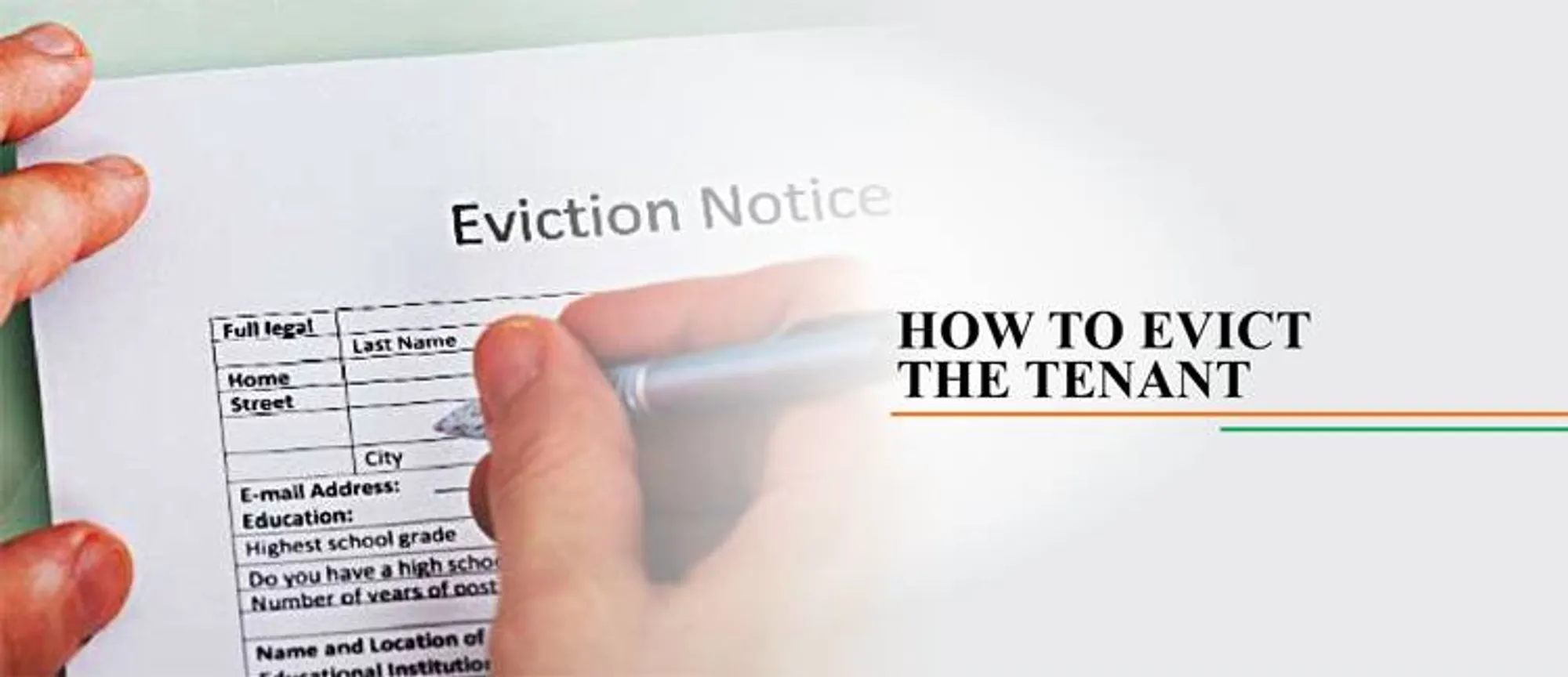Firstly, an eviction notice is the first legal action for a landlord for removing his/her tenant. In case tenant fails to comply according to the notice, a landlord may file a suit for eviction of the tenant in the court of law. In India, there are limited number of reasons for which a tenant can be evicted by the landlord. These reasons may be different according to the state of living in. However, there is no harm in serving an eviction notice against the tenant. Eviction notice includes a deadline to pay rent or move out; it includes the amount owed.
The landlord should have valid reasons to evict the tenant such as non-payment, violating lease agreement, making noise or health ordinances etc. landlord have to give proof of any claim against the tenant. Tenant is “innocent until proven guilty”.
The eviction notice should be to the point, and fair reason should be given for eviction i.e. inform the tenant how he or she has violated the terms and conditions of the lease. A landlord should give prior 15 days’ notice for the eviction of property.
Eviction Notice generally includes the following:
- The offence (reason for which owner is giving eviction notice)
- A time period to remedy the offence
- The date on which notice was served
- Signature of the landlord
In case if the rent has not been paid for months, without the court order landlord cannot:
- Physically remove the tenant
- Cannot remove the tenant’s property
- Lock the tenant out
- Change the locks
- Shut off the utilities (such as light, water etc.)
Reasons for eviction of the tenant:
- Failure to pay rent: This is the most common and strongest reason for eviction of tenant. Even if the rent is delayed by more than 15 days, it’s enough to evict.
- Sub-letting: In this case, if the tenant is letting out the property to another, hosting a friend or family member for an extended period then the landlord can serve the eviction notice against him.
- Commercial use: If the tenant decides to run a business on the property, even landlord could be in trouble. In this case, the landlord could immediately choose to evict him, or even the property is used by tenant other than the purpose mentioned in the contract then also landlord can evict him.
- Property Damage: it is an apparent reason which is usually mentioned in agreement that any harm done to the property will be recovered from the tenant.
- Society Problems: In this case, if the behaviour of the tenant is not satisfactory according to the society, landlord may evict the tenant.

